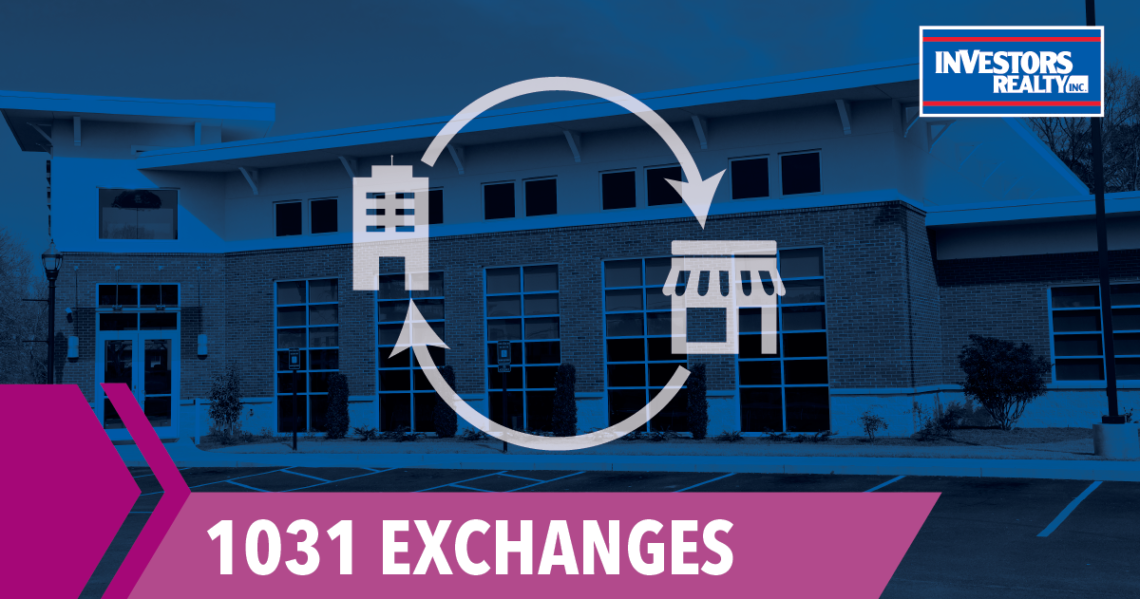
- To defer capital gains tax, preserve your assets and keep the full equity invested. The Federal Capital Gains tax is 15% plus state tax and the depreciation recapture is 25% plus state tax. This could be as much as 29.5% of your sales price.
- As an estate planning tool. Upon your death, your heirs would get a stepped-up basis and all of the taxes would be eliminated.
- The Replacement property must have the same or greater value as the property being sold (Relinquished property) in order to defer all taxes.
- In the event the price of the Replacement property is less than the sale price of the Relinquished property there will capital gains tax due on the shortfall, often referred to as a Boot.
- The debt on the Replacement property must be equal to or greater than the debt on the Relinquished property in order to defer all capital gains taxes.
- You have 45 days from the date of the closing of the Relinquished property to identify up to three Replacement properties. There is also an option to allow up to 20 properties.
- You have 180 days from the date of the closing of the Relinquished property to close on one or more of the Replacement properties that were identified.
- The Identification Document must identify in detail each property, signed by the Investor and delivered to a Qualified Intermediary (QI), usually the title company. The properties identified can be changed during the 45-day period.
- For the sale of the Relinquished property, the purchase agreement should include a paragraph stating that the Seller intends to do a 1031 Exchange and the Seller has the right to assign the Purchase Agreement to a QI.
- When selling your property, include a paragraph in your purchase agreement that allows you, the Seller, to extend the closing date to provide you more time to locate a replacement property.
- At closing, the QI escrows the net proceeds until closing of the Replacement property.
- Determine in advance what types of Replacement properties you will consider, and the amount of risk and management you are willing to accept.
- Find a competent commercial real estate broker who specializes in your property type who can help you search the market for properties that meet your criteria and evaluate the market values.
- Your investment becomes part of a larger diversified portfolio of institutional quality properties.
- Most UPREITS have a low loan-to-value ratio, usually around 50%, which provides a secure low risk investment.
- The UPREIT manages the properties and distributes cash flows quarterly, and there is the potential for appreciation.
- At your death, your heirs get a stepped-up basis to current market value, eliminating the capital gains taxes.
- Heirs can receive cash instead of a real estate investment that they would have to manage.
- It is easy to divide the cash among heirs.
- An UPREIT can be a great estate planning tool.
This article appeared in our company newsletter in June of 2020. Please click here to download the entire newsletter.

